
In the ever-evolving landscape of digital marketing, the advent of Artificial Intelligence and Generative Content (AIGC) is reshaping how brands engage with their audiences. This article explores the transformative impact of AIGC on digital marketing strategies, emphasizing its advantages, applications, and future potential.
Understanding AIGC
AIGC refers to the use of artificial intelligence technologies to create content that is coherent, engaging, and tailored to specific audiences. By leveraging vast datasets and powerful algorithms, AIGC can produce text, visuals, and even audio, enabling marketers to deliver personalized experiences at scale. This technology not only streamlines content creation but also enhances its quality and relevance.
The Advantages of AIGC in Digital Marketing
One of the most significant advantages of AIGC is its ability to reduce the time and costs associated with content creation. With AI algorithms capable of generating articles, social media posts, and marketing material in seconds, marketers can allocate their resources more effectively, focusing on strategy and analysis rather than manual content generation.
AIGC enables marketers to create highly personalized content that resonates with individual consumers. By analyzing data from various touchpoints, AI can tailor messages suggestions to meet the specific needs and preferences of different audience segments, enhancing engagement and conversion rates.
The integration of AIGC with analytics tools allows marketers to gain deeper insights into consumer behavior. AI can analyze patterns in engagement and conversions, helping marketers refine their strategies and optimize content for better performance. This data-driven approach leads to more informed decision-making.
Applications of AIGC in Digital Marketing
AIGC can be employed to generate blog posts, product descriptions, and even video scripts. With AI’s ability to maintain a brand’s voice and style, marketers can ensure consistency across various platforms while significantly speeding up the production process.
Social media platforms are crucial for brand engagement, and AIGC tools can assist in scheduling and generating catchy posts. Furthermore, AI can analyze trending topics in real-time, allowing brands to remain relevant and proactive in their communication strategies.
Email campaigns can be rejuvenated through AIGC by producing dynamic, personalized content that is tailored to recipients’ preferences and behaviors. AI-driven insights can also help optimize send times and subject lines for maximum open rates.
The Future of AIGC in Digital Marketing
As technology continues to advance, the capabilities of AIGC are expected to expand further. Innovations in natural language processing and machine learning will enhance the quality of AI-generated content, making it even more indistinguishable from human-created material.
Moreover, the integration of AIGC with augmented reality (AR) and virtual reality (VR) technologies could create immersive marketing experiences. Brands might harness these innovations to develop interactive content that captivates audiences and drives engagement.
Conclusion
The integration of AIGC into digital marketing strategies is not just a trend; it represents a powerful shift toward more efficient, personalized, and data-driven marketing practices. As brands adapt to these advancements, they will unlock new opportunities to connect with consumers in meaningful ways. By embracing the power of AIGC, marketers can position themselves at the forefront of the digital landscape, driving innovation and growth in their campaigns.

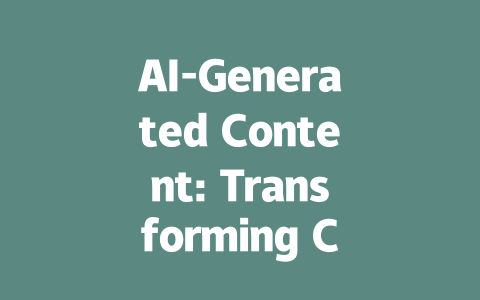



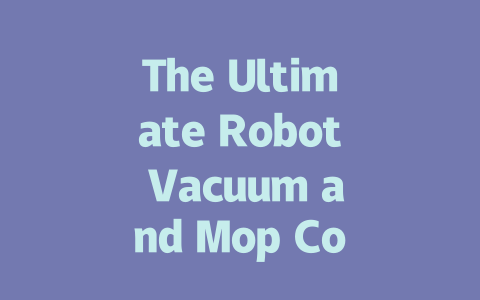


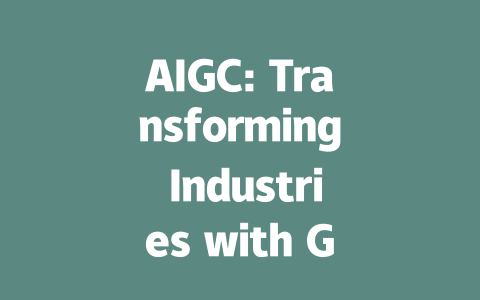
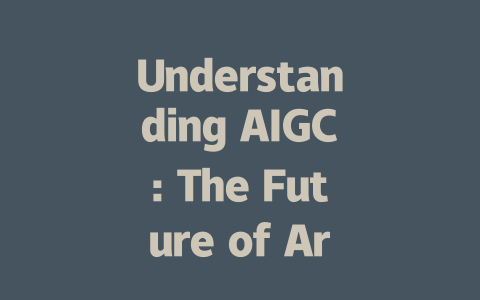
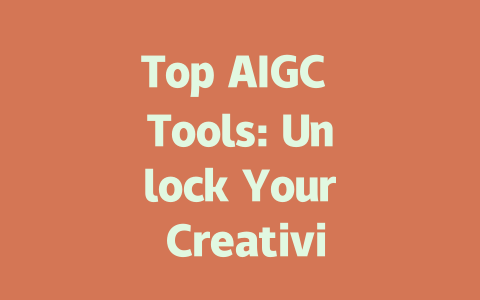
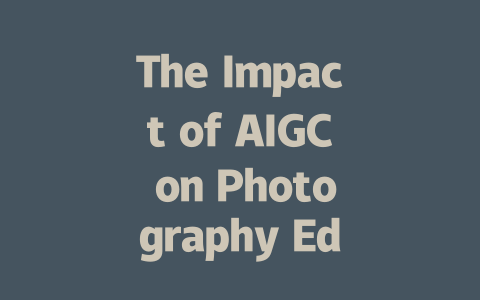

暫無評論內容